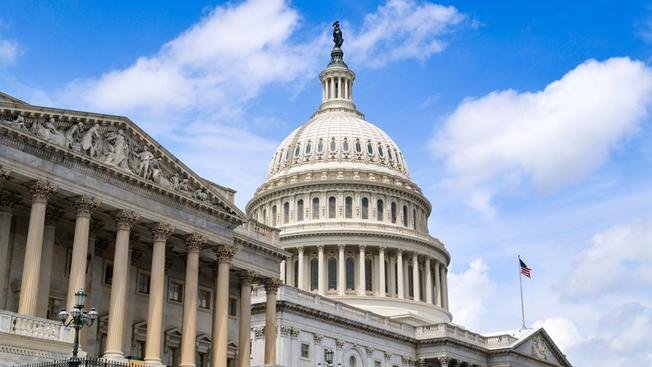An All-Too-Common Tale
Say you're from Florida. You just graduated from the University of Florida with a CS degree.
You and some of your college buddies move to Miami and get a place together. One of your roommates is an early Bitcoin adopter and comes up with an idea for a slick software platform for businesses to accept bitcoin on iPad POS machines.
You incorporate a Delaware corporation and find some early seed investors. Things are going great -- you're signing up customers left and right, including some from California, New York, Texas, and Illinois. You get a writeup in Techcrunch and you're starting to get some material revenue coming in the door. You hire another coder, an admin, and a sales guy to help sign up more accounts.
In order for your company's software to function, you have to cash Bitcoin into USD through a corporate U.S. bank account. Seems clean enough, as long as you're keeping detailed records and separating client funds from your operating account.
After about 6 months you receive a letter from the Texas Department of Banking. They note that you are operating without a required Money Transmitter License. It looks like an official letter, so you call your brother's friend who went to law school. He refers you to his friend who does this sort of work. He charges $300 an hour. He tells you that the application fee for a Texas MTL is $10,000 and that they intend to fine your company several thousands of dollars for operating the last year without a license. You don't have any offices or employees in Texas, but one of your customers does, so you're technically transacting business in the state. You get your lawyer's bill for $2,400, write Texas a check for $10,000 (application fee), $5,000 for a surety bond, and $4,500 (fine for operating w/o a license). And instead of meeting with clients for the last month, you have been on the phone with your attorneys and state regulators (who barely understand what Bitcoin does).
Then you get a letter from the California Department of Business Oversight saying that your company needs to register as a Money Transmitter. Then a letter from New York. And then the Financial Crimes Enforcement Network. And Illinois. And Virginia. Then you get a letter from your bank inquiring whether you're a money transmitter and that, if so, to please provide copies of all your MTLs or they will close your account in 30 days.
You decide that it's just easier to get a job for a local company than to continue forward with your Bitcoin company. You fire your employees and liquidate your corporation's assets.
Congratulations, you're a typical U.S. blockchain startup.
The Feds to the Rescue?
I'm not the first person to write about this or consider how the 50-state regulatory paradigm is harming U.S. fintech competitiveness abroad.
However, there is some hope. The Office of the Comptroller of Currency, a relatively obscure federal agency charged with regulating banks, has proposed granting blockchain (and other fintech companies) a Special Fintech Charter. A special banking charter would allow the holder to preempt all of the varying and onerous state money transmitter regulations. So instead of dealing with 51 regulators and varying regulations, companies would only need to deal with one sophisticated regulator.
State regulators are suing the OCC to stop the proposed charter. And why wouldn't they -- they enjoy signifiant revenue from shaking down young fintech companies for MTLs.
Let's hope the OCC continues to push forward with the fintech charter and successfully fights off the greedy state regulators. The United States needs to be a leader in blockchain technology and not smother young companies with needless regulations.

Awesome stuff @cryptobully
I saw you on Twitter and noticed what you do and you're exactly the person I've needed to follow.
Seems like the crypto space is getting saturated with people providing the same generic news and content. Which is okay to an extent. When everyone you follow is saying the same stuff and providing the same kind of perspective you aren't learning anything new anymore.
I've wanted to learn and understand the legal aspects of crypto more. Humor and shitposts a bonus
Hope to be a long time follower